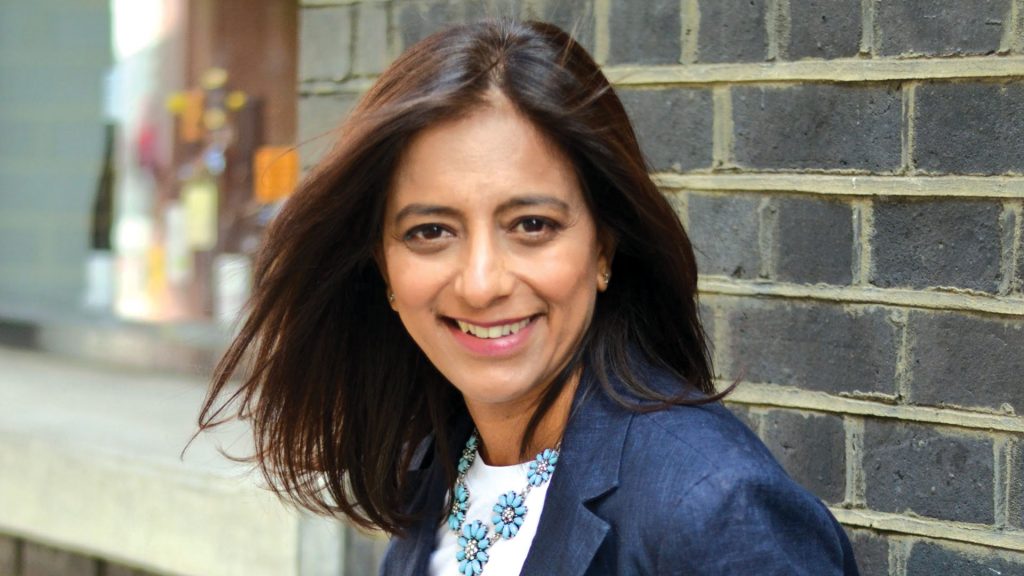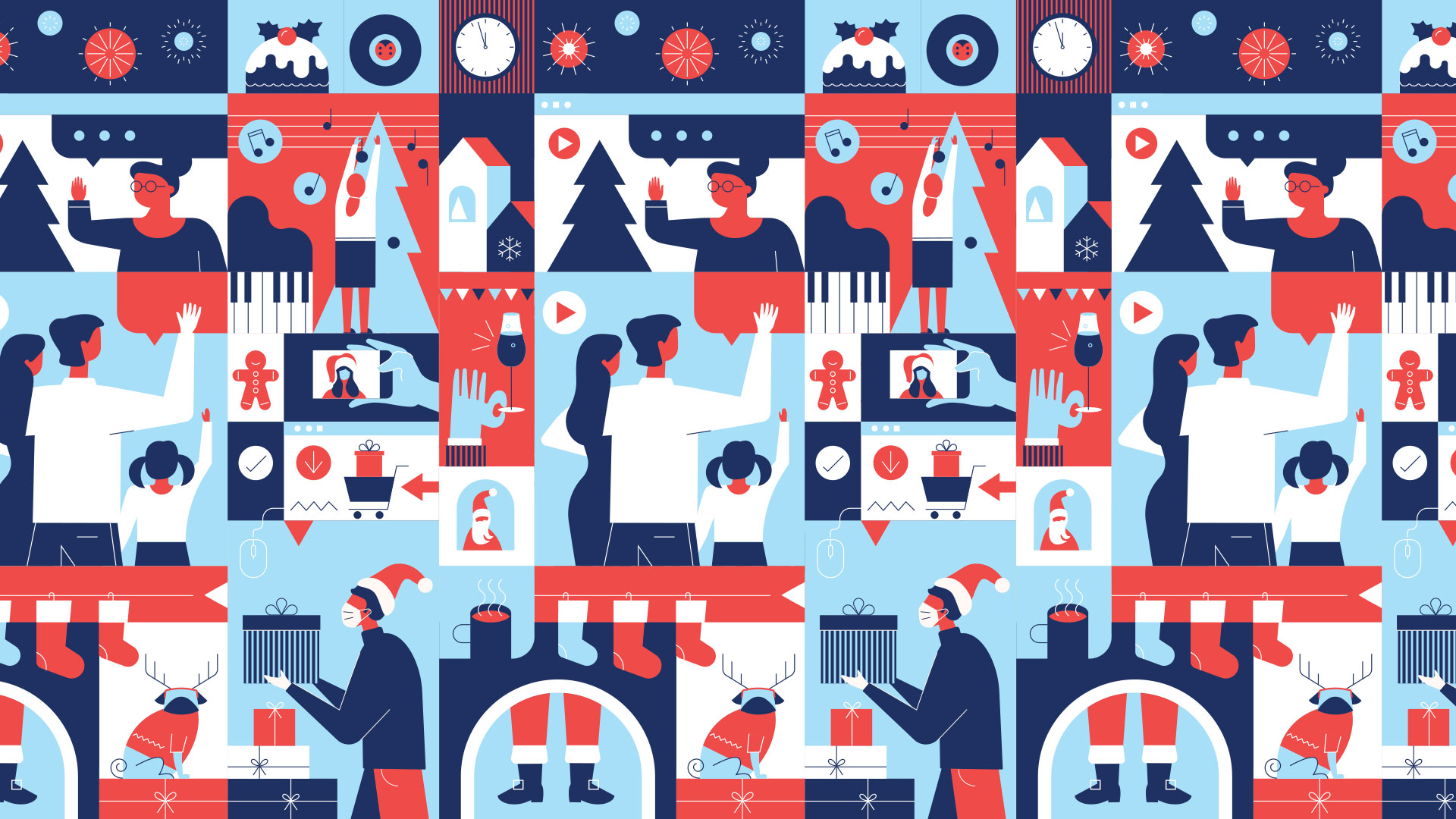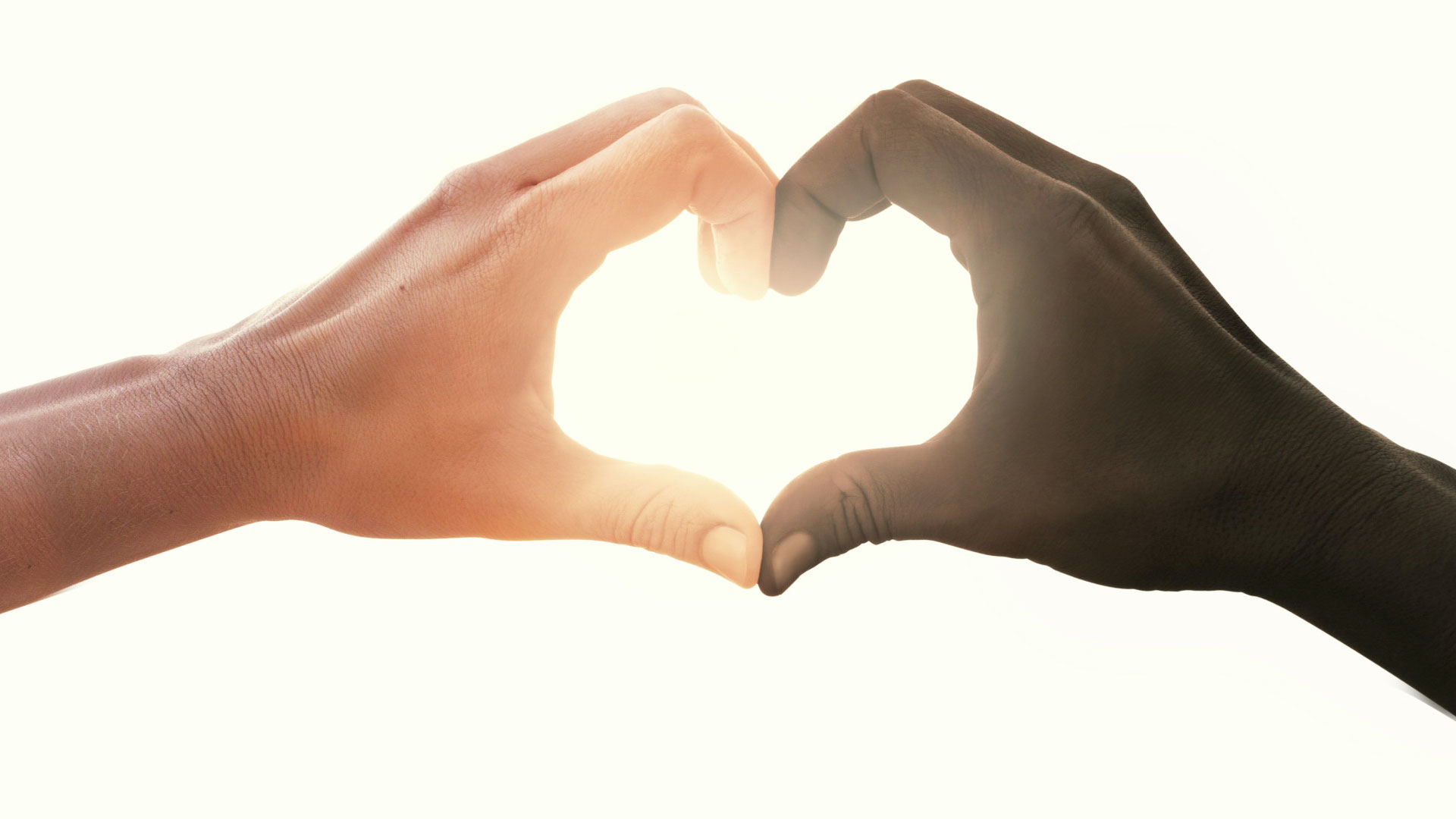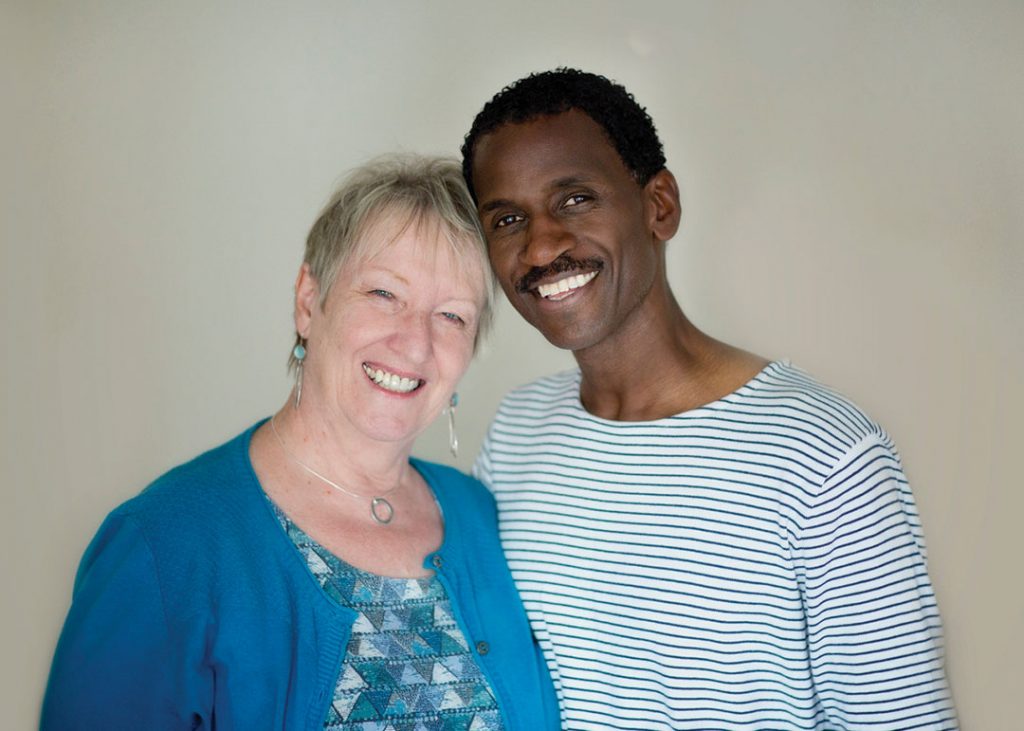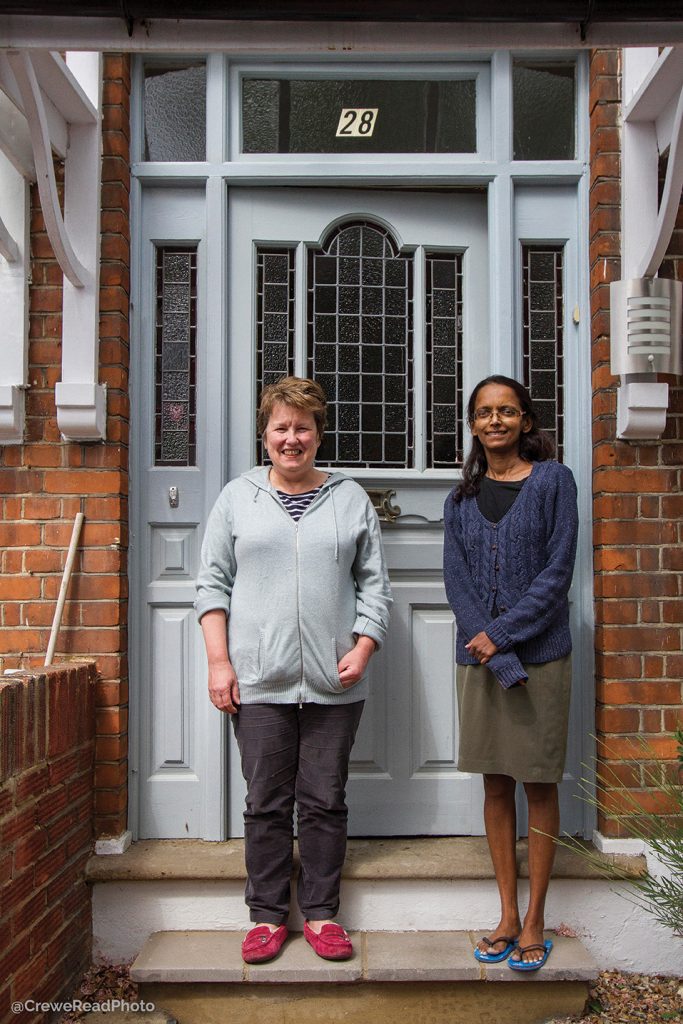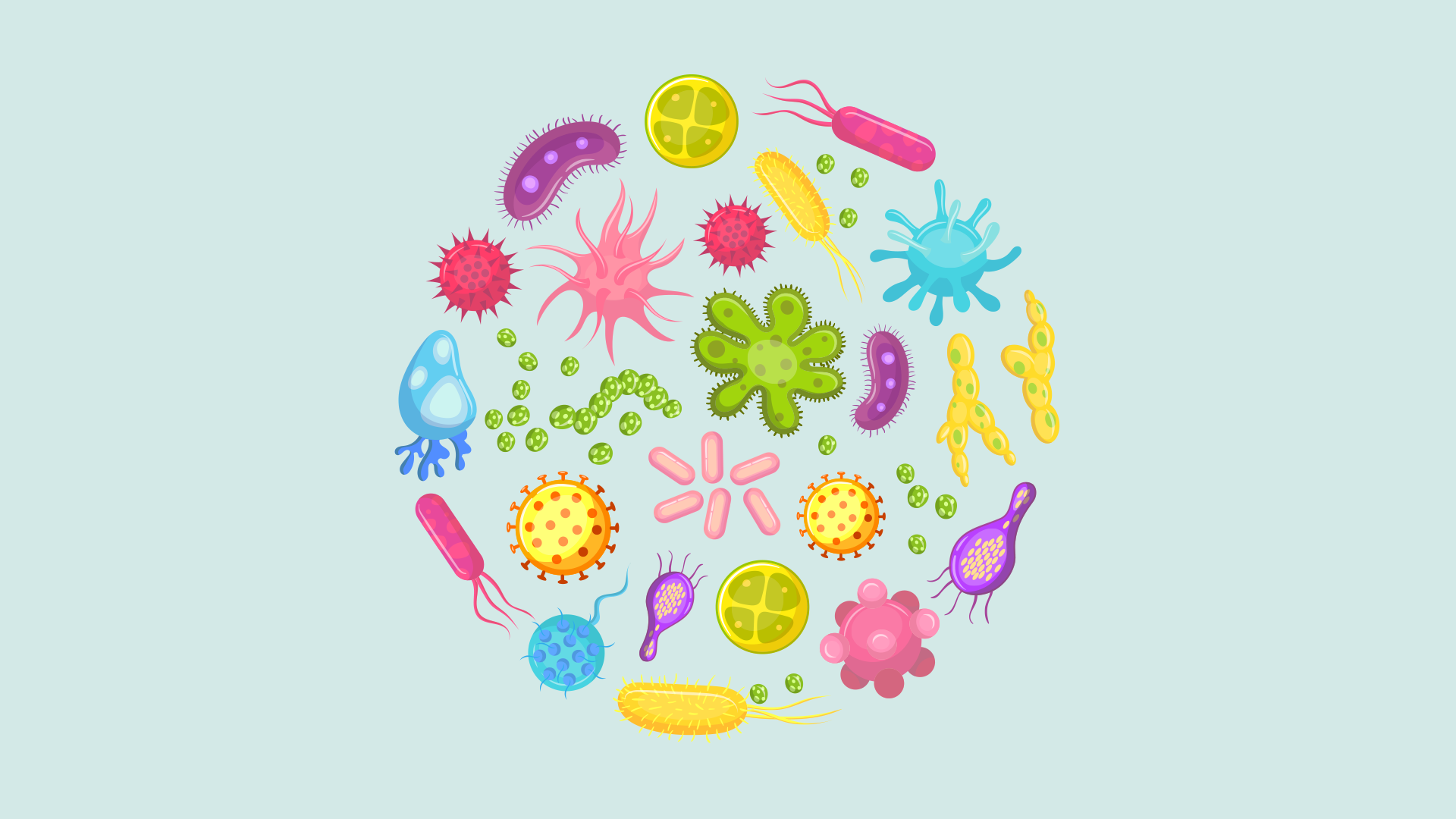Unusual Proposals
Wedding Proposals conjures up images of romance, surprise and absolute joy of that magical moment, and the future shared life.
James and John both proposed to their partners in Cornwall, in beautiful, moving and deeply personal ways. Here are their stories:
James, 38 and Megan Browne, 37, live in Warwickshire with their 10 month old son Finley. James is a Director of a Digital Agency. Megan is an Assistant Head Teacher at a Secondary School.
‘We met on Match.com in 2010. Meg had had a few dates on the platform but she was the one and only date I had from Match.
I immediately knew I wanted a serious relationship with Meg. We both fondly remember those first few months. It felt like a very natural process. We were both cautious as I had never really been in love before, so it was a gradual build up. It was 6 years before we got engaged. I knew I’d met someone really special and Meg felt the same.
Cornwall was our first holiday destination so I wanted to propose there. Also, Meg loves the Cornish coast. I knew the area a little but because of distance and logistics, I needed help. Jenny (who I found on Google) was an experienced wedding planner so clearly I was in safe hands. We looked at a few options.
We discussed another elaborate plan – then Jen told me about Lusty Glaze. It seemed to be the perfect spot, where we could stay over, get engaged and have dinner afterwards.
Due to the time of year, we could pretty much guarantee we would have the beach to ourselves. Meg loves camping so having a bell tent with a candle lit walkway leading to it from our cabin was perfect. The bell tent was incredible. When we arrived it was beautifully lit, with a romantic fire and personal items such as photos of us. I then presented Meg with a photobook which documented our key relationship moments. I was on one knee when Meg reached the final page, a photograph of me holding a “Will you marry me?” sign. We toasted our future with a glass of fizz by the fire, looking out over the Atlantic. The whole proposal was captured discreetly. We now have a video and photos of that incredible moment.
Meg was genuinely shocked. She had moments in the day where she thought it might be on the cards but by the time it got to the evening, she was expecting my brother to turn up – he was a decoy! She couldn’t believe the scene and felt that it was the perfect setting for the proposal she’d been waiting for!
We married in August 2017 in our home county of Warwickshire and honeymooned in Italy. Meg planned an elaborate road trip. We welcomed our son Finley in early 2020, just as the Covid pandemic took hold of the UK.
John Appleby, 36, and Sarah Appleby, 38, live in Hertfordshire. John is a co-founder of tech company in compliance and business management. Sarah is a driving instructor with her own driving school. They have two boys; Jaxon, 2, and Colby, 6 months.
We originally met when we were 15 and 17. We were both working locally. Sarah worked in a cafe. I use to visit multiple times a day, pretending to be hungry. All I wanted was to see her! I hinted at having a crush on her, but it never materialised.
On Christmas Day, 18 years later, my sister showed me Sarahs picture on Facebook, saying this woman knows you. I instantly recognised Sarah. My sister was taught to drive by Sarah and were good friends still. We exchanged messages for weeks until our first date.
I think we both knew pretty quickly we liked each other. I made it clear – I wish I had when I was 15! Sarah took a bit longer than me, purely as I had quite a large beard at the time. Unfortunately, the caveman look did not appeal to her!
I knew I wanted to do something special. After weeks of researching and realising that although Sarah is incredibly organised – I couldn’t ask her! I needed an expert.
Once I had confirmed St Ives, Cornwall, as a location, I contacted relevant companies. I instantly connected with Jenny and we secretly communicated over a few weeks.
Sarah was pregnant at the time so I knew she would not want to fly.
With amazing panoramic views, I knew St Nicholas Chapel was the place I wanted. Jenny looked into the logistics of using the chapel and after considering other options, my heart was firmly with St Nicholas chapel.
After sending photos to be displayed of us, and a playlist of some of our favourite songs, Jenny created a plan of how it will look and how the evening will play out. The plan was after our meal that evening, we would go for a walk and find our way to St Nicholas Chapel.
After our dinner, I coordinated with Jenny so she was waiting close by to ensure it went smoothly. Sarah was feeling tired so I had to use every persuasion skill to encourage her to go for a light walk before bed.
As we walked up the dark hill, Sarah kept asking where are we going. We approached a chalk board. It asked Sarah to take the key and open the door. After tentatively unlocking it, Sarah was greeted by pictures of us, her favourite flowers and music playing.
My rehearsed speech went out the window. I got down on one knee and presented her the ring. She immediately burst into tears and shouted yes. We returned to the fire pit, toasting marshmallows whilst enjoying the views. Sarah was so overwhelmed! She couldn’t believe that I went to all of the effort for her, she said it felt like she was in a movie.
We married in October 2019, at of Wasing Park, in Berkshire. It was an incredible day that took a lot of planning, and was worth the wait.
Jennifer Granlund, Wedding & Event Planner:
jennywrens.com








